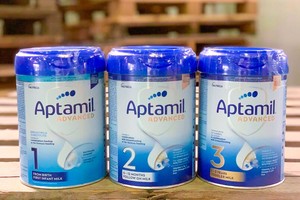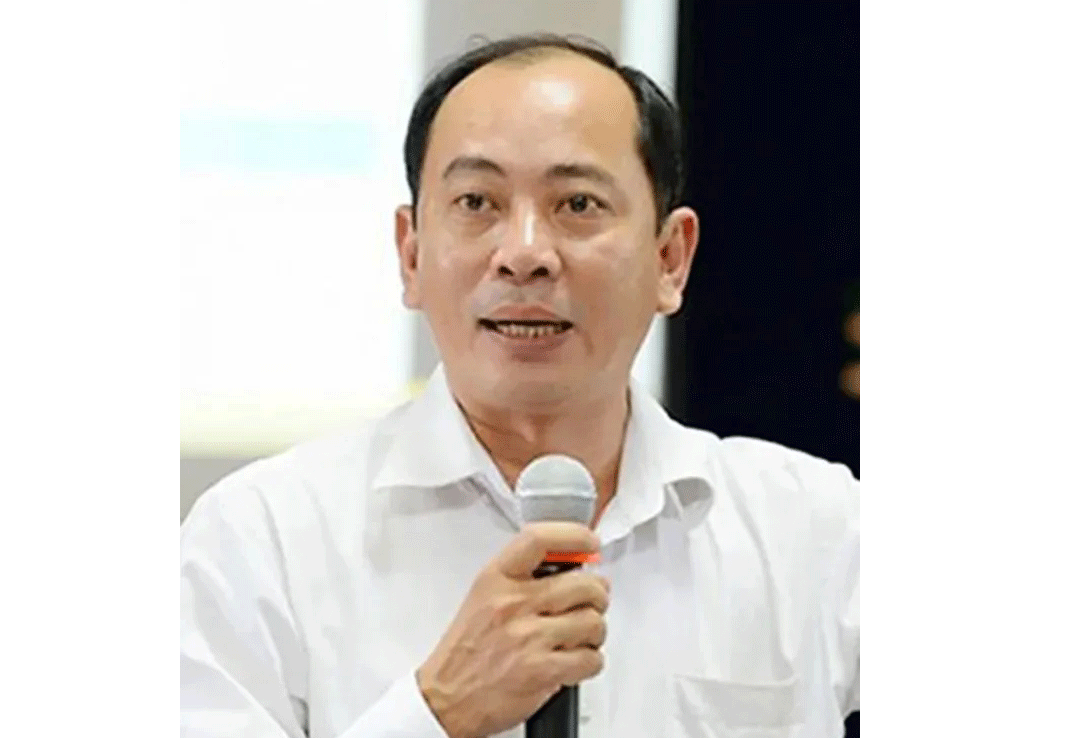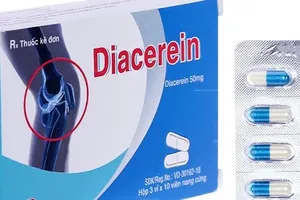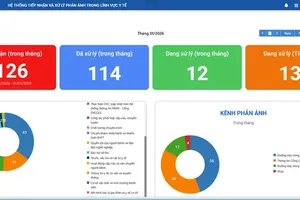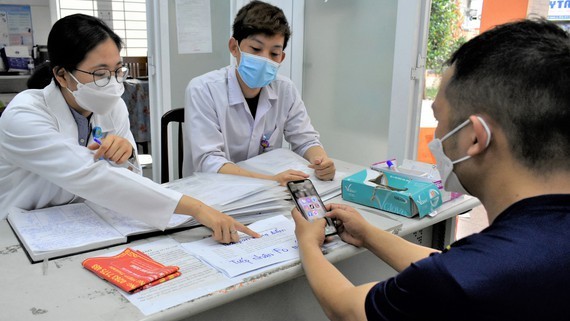 Doctors are examining and advising people at the Health Station of Hiep Thanh Ward in District 12. (Photo: SGGP)
Doctors are examining and advising people at the Health Station of Hiep Thanh Ward in District 12. (Photo: SGGP)
He made the statement at a conference, held yesterday by the city Department of Health, on improving grassroots healthcare capacity to remove shortcomings that prevented grassroots healthcare from being able to promote its capacity and perform its roles properly.
Accordingly, the WHO PEN package will have seven main contents including Risk management of cardiovascular disease - hypertension, diabetes, bronchial asthma - obstructive lung disease, early diagnosis of cancer, health education, smoking cessation counseling, self-care, and palliative care. Health stations in districts will still perform medical examination and treatment but focus on the management and treatment of chronic non-communicable diseases according to the World Health Organization’s standards, said Associate Professor Tang Chi Thuong.
According to Dr. Thuong, medical examination and treatment are just one of many areas that medical stations have to take care of. The mission of the health stations is to manage and take care of the health of the people in the area. Currently, the Department of Health is transforming the operation of medical stations according to the principles of family medicine to better care for people's health.
Previously, to ease difficulties for health stations, the People's Council of Ho Chi Minh City issued a resolution on specific policies to strengthen and improve the capacity of health stations in districts. This resolution has contributed to encouraging and creating the best conditions for doctors, nurses, and midwives to participate in the practice program at the hospital in association with practice at the health station as well as attracting retired good doctors to work at the medical stations in districts.
However, according to many representatives of district health centers and health stations; currently, the biggest difficulty of health stations is not having enough essential drugs to serve the needs of patients.















